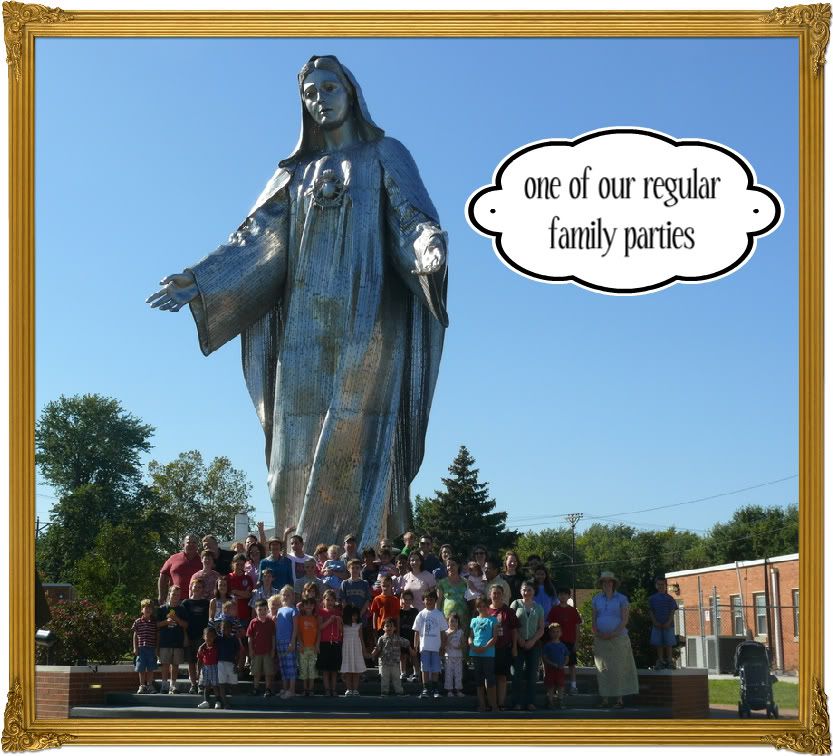 |
| by Librado Romero/The New York Times for the article The Gilded Age of Home Schooling |
Studies show homeschooled kids, on average, are better educated than public school children.
By Susan Schaefer July 21, 2012 SOURCE
A few months ago at 11 a.m. on a Tuesday, I saw a mom showing a well-behaved 8-year-old boy flashcards with Chinese characters on them in Panera. Homeschool alert!
I figured this woman was either a very conservative Christian or a crunchy granola type. Being annoyingly curious and inappropriate, as is my M.O., I struck up a conversation with her. She wasn’t either of those stereotypes. She was very nice and talked to me for a while about her experiences homeschooling her kids. I learned that homeschooling is way more organized than I thought and very in vogue at the moment.
In 1980, home schooling was illegal in 30 states. Now, it is legal in all 50 states with about 1.5 million to 2 million children being homeschooled in the U.S., roughly 3 percent of school-age children nationwide, according to a study by the National Center for Education Statistics.
In the same study, it was found that between 1999 and 2007, the number of homeschooled children rose 77 percent.The actual number may be even higher because not all parents who homeschool report information to the government. However, the general consensus is that the stigma associated with homeschooling is gone as it becomes more and more mainstream.
As for why more parents are homeschooling, it is not surprising that the highest percentage listed religious and moral instruction (36%), the next most popular reason being concerns about the school environment (21%), followed by dissatisfaction with academic instruction (17%).
There is also a trend toward co-op homeschooling where small groups of parents take turns teaching the children and/or hiring tutors to assume some of the responsibility. The image of homeschooled children spending their days sitting at the kitchen table are long gone. Today’s homeschooled are out and about with many museums offering programs to homeschoolers as well as other hands-on activities, such as nature centers. There are endless websites dedicated to non-traditional learning opportunities in addition to websites offering support and resources for homeschooling families.
I can teach a classroom of 28 5th graders who, between them, cover every learning and behavioral issue under the sun (note to my former colleagues: I said I could, I didn’t say I was good at it), but the thought of teaching my own boys scares me to death.
I always believed it was better to leave their academics in the capable hands of those who did not give birth to them, thus eliminating the emotional turmoil involved in getting them to open a book. But statistics indicate that this might not have been the wisest choice. According to the Homeschool Progress Report 2009: Academic Achievement and Demographics, homeschoolers, on average, scored 37 percentile points above their public school counterparts on standardized achievement tests.
Almost every study touches on a few other facts. It seems homeschooled kids are far from isolated from peers, do well in social situations, and are more likely to be involved in their community. The education level of the parents had little effect on the success of their children, as did state regulations, gender of the student, or how much parents spent on education.
Speaking of spending per student, in public school about $10,000 is spent on each student, each year, as opposed the $500 spent on the average homeschooled student. This number sounds a little fishy since the last time I took my kids to the aquarium I spent $74 on three tickets. Bad puns aside, when I began this article I was dead set against homeschooling, as are many certified teachers. But, after doing research, I’m not so sure. Maybe the public school system could learn something from the homeschool community.




Whether our textbooks are used in private Catholic Schools or by Catholic Homeschooling parents, our mission is to put Catholic Identity back into History/Social Study textbooks and we do that by teaching through ‘story’. We’d love your feedback on our website and your thoughts on our textbooks after reviewing sample chapters we've provided. God Bless.
ReplyDelete